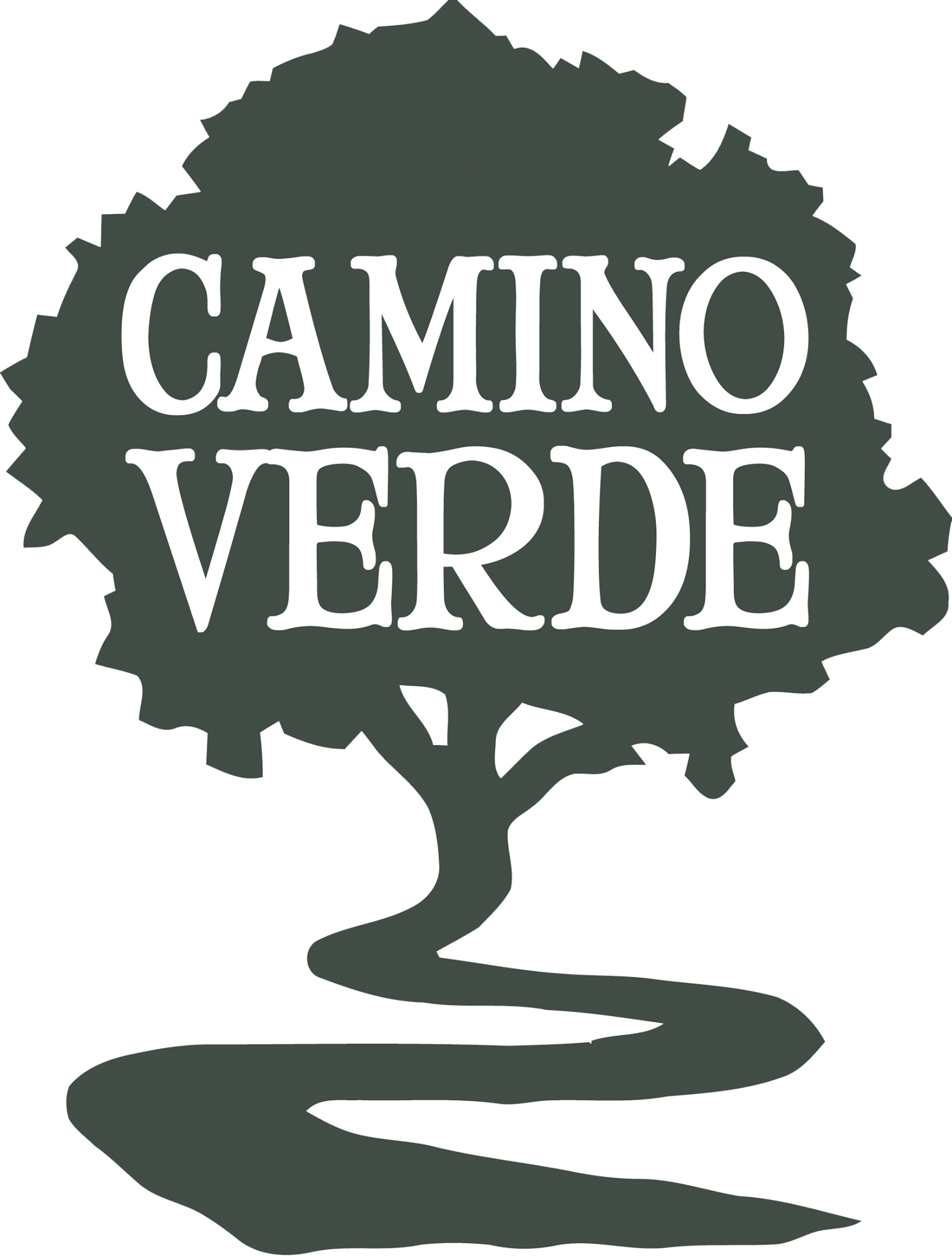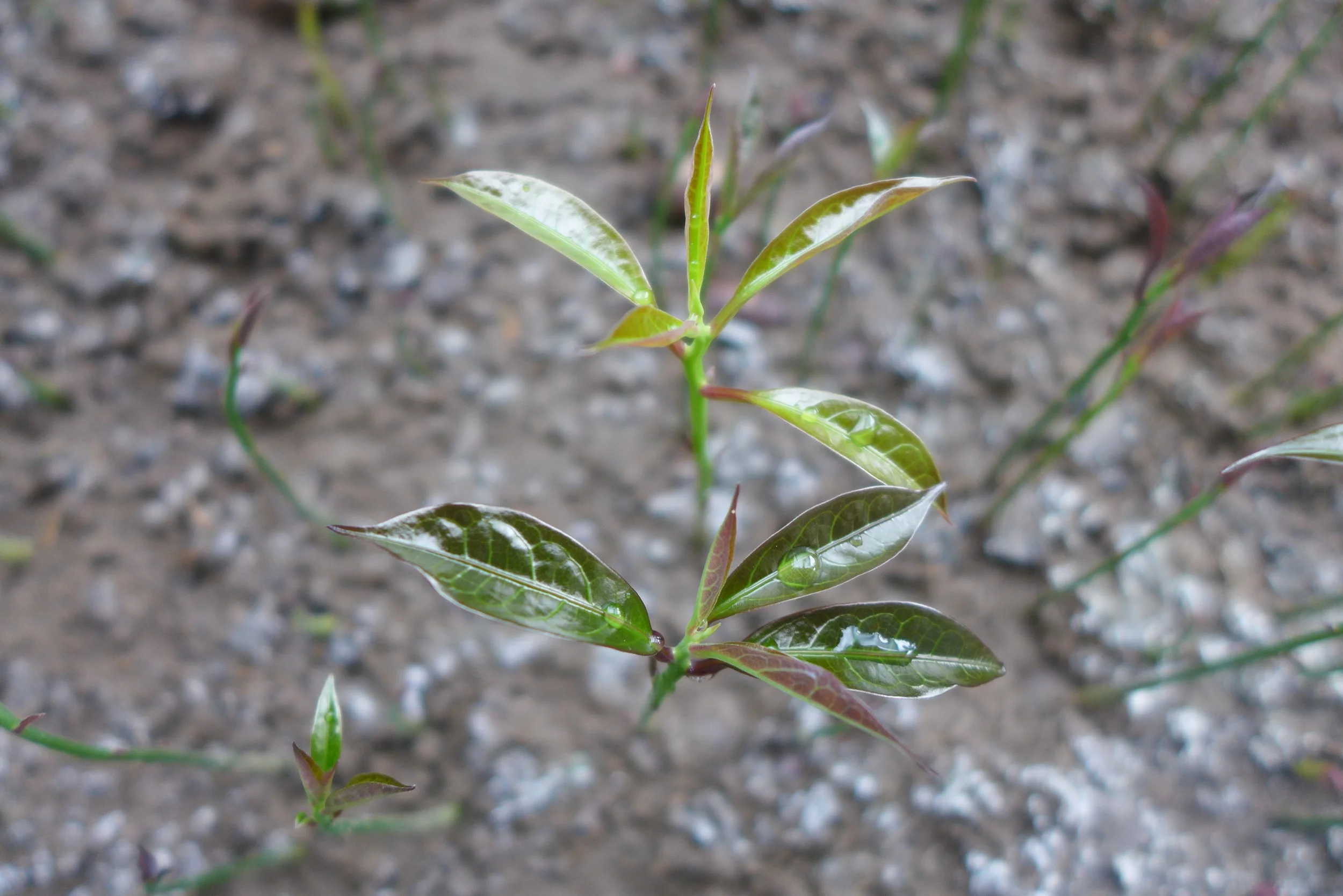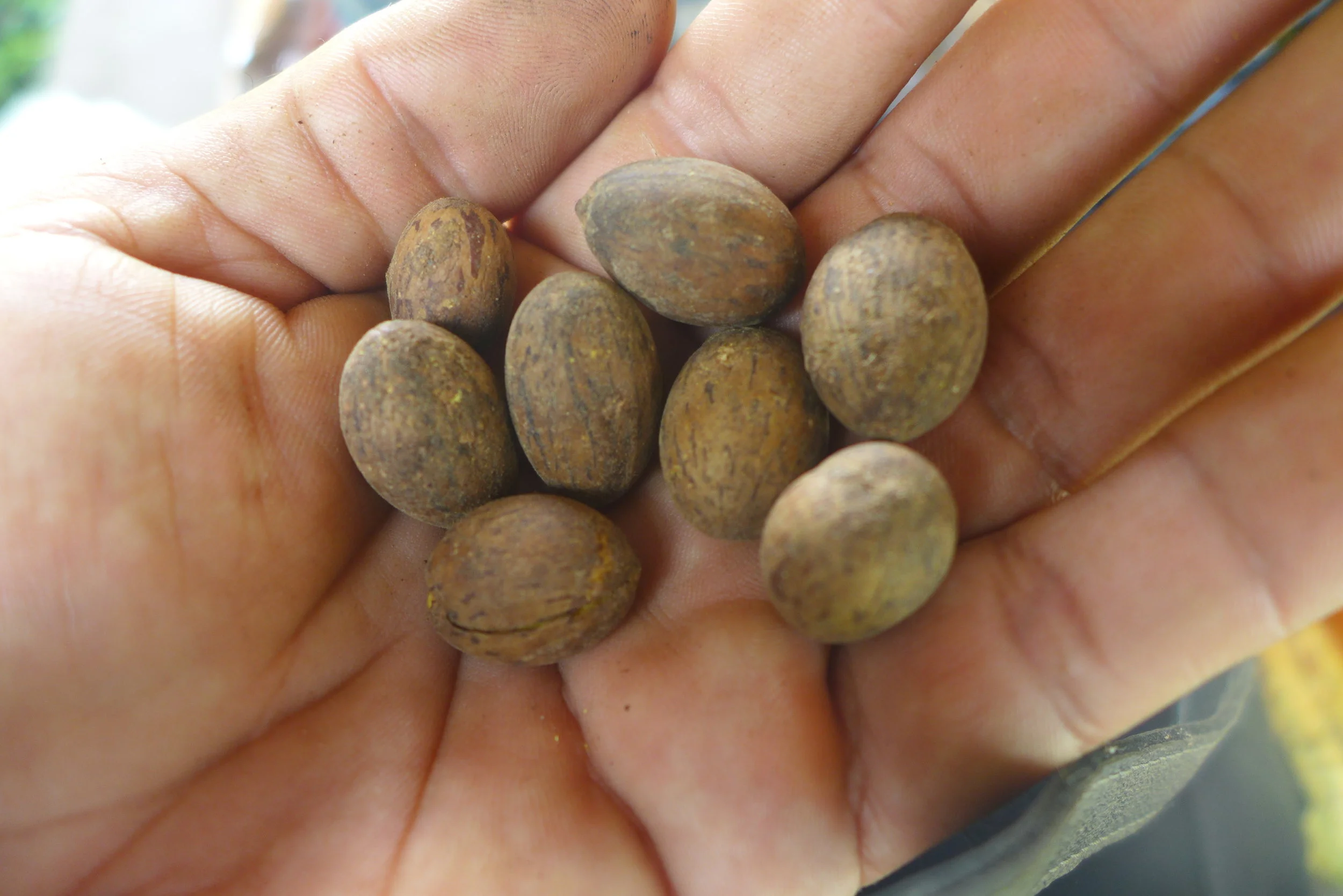Regenerating Rosewood
Five years later: A. rosaedora seedlings at the CV La Joya Nursery, 2017. Photo: Manuel Huinga / Camino Verde
The history of the Amazon could easily be written as a chronological inventory of products discovered—and then over-exploited—in the world´s richest forest. Quinine, rubber, mahogany, animal skins, oil, gold: each chapter would tell of how another useful wonder of nature was found and, almost without exception, driven to the verge of extinction to the detriment of the ecosystem as a whole.
While bulldozers, chainsaws, and pipelines are a few of the more familiar symbols of rainforest destruction, one of the most unexpected episodes in this history relates to environmental harm to feed essential oil distillation equipment.
This is the seldom told true story of one of the world’s best smelling trees—and thankfully, an opportunity to write a new, more hopeful chapter.
Scent of the rainforest
Palo rosa, or Brazilian rosewood, is a large canopy tree named for the rich floral aroma of its leaves, branches, bark, and wood. In the beginning of the 20th Century, this sweet rose-like scent caught the attention of the perfume industry, leading to a period of extreme over-harvesting. But harvesting is probably too nice a word. Finding the aromatic essential oil in every part of the plant, trees were literally dug out of the ground, roots and all.
The wood was shredded or chipped as finely as possible and then passed through makeshift distillation equipment set up in the middle of the jungle. Entire populations of rosewood were wiped out in huge areas of Brazil and Peru. Before long, rosewood exports declined sharply due to a lack of available raw material, and the perfume industry turned to synthetic scents and chemical equivalents. There are only a few people in the region of Madre de Dios, Peru that remember this brief, glorious, tragic burst of wealth from such an unlikely source.
Today, Brazilian rosewood (Aniba rosaeodora) is on the International Union for Conservation of Nature (IUCN)’s Red List of Threatened Species, as well as Brazil´s official list of endangered flora. Trade in rosewood-derived products such as essential oil and wood for guitars is controlled by CITES (Convention on International Trade in Endangered Species).
Reforestation and agroforestry bring back habitat for wildlife and foster biodiversity. A stick bug on the leaf of a young rosewood tree. Photo thanks to Andrew Schwarz
Rewriting history, one tree at a time
Ever since we started planting trees, finding rosewood seeds has been a sort of holy grail for Camino Verde, with our mission to protect the most endangered trees of the Amazon. This tree is so endangered that it took us five years to find a source of seedlings. I am thrilled to report that as of this moment, close to 750 seedlings—baby rosewoods—are sitting in the plant nursery of one of our strategic partners, awaiting the start of the rainy season to be planted at our reforestation center.
The author (left), Campbell Plowden of CACE, and rosewood farmers of Ampiyacu, Loreto, Peru looking at a young rosewood seedling in 2014, part of Camino Verde's planting efforts there. Photo thanks to Andrew Schwarz
In addition, we've teamed up with the Peruvian Amazon Research Institute (IIAP) and the Center for Amazon Community Ecology (CACE) to bring the potential benefits of rosewood reforestation home, where they belong, to the native people of the Amazon. We are propagating an additional 1,000 rosewood tree seedlings vegetatively (reproduced from cuttings) at a nursery in the Loreto region of northern Peru. With Camino Verde providing oversight and technical assistance, CACE will help us make a home for these wonderful, highly endangered trees in one of its partner native communities.
But the coolest part is this: because essential oil is held in every part of the plants, we are working to refine standards for a sustainable harvest of rosewood—allowing for the production of essential oil without harming the trees (in fact, timely pruning can be beneficial to the trees´ growth). By 2015, don´t be surprised if you see the first samples of rosewood essential oil from Camino Verde and the Center for Amazon Community Ecology.
Be a part of the change
You can be a part of this important work with palo rosa. It's amazing that with little funding we can fully realize the project’s potential with larger, production-scale distillation equipment – and make good on the promise to share our reforestation experience with native communities that want to plant rosewood. A sustainable future for rosewood, and many others of the Amazon’s amazing trees — your contribution can help grow this vision into reality.
To date, generous donor support and a forward-thinking grant from the Marjorie Grant Whiting Center has enabled us to purchase our first small-batch distillation equipment for making sample essential oils.
We are grateful for your support—and so excited to see one more of the Amazon´s marvels protected for future generations. If you're passionate about what you've read, please share it or make a donation today.
Unloading rosewood seedlings in February of 2013 in Ampiyacu, Loreto, Peru.
Seeds for the future – rosewood seeds propagated in 2017 at Camino Verde La Joya Nursery, Madre de Dios, Peru
Bora rosewood farmers preparing to plant rosewood seedlings, February 2013.
Measuring 3 year old rosewood trees in 2016, Ampiyacu, Loreto, Peru.







